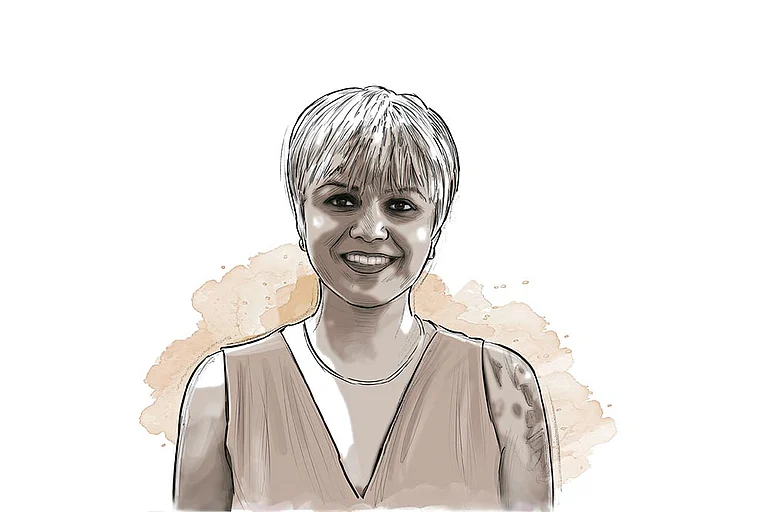The official TikTok account of the Paralympics has sparked debate with its use of humour and light-hearted content. Videos that use trending sounds and playful themes have led to discussions about whether the tone is appropriate or disrespectful.
One particularly controversial video from last year shows blind swimmers being tapped on the head with foam-tipped poles to alert them when they are nearing the pool wall. The video is set to audio from the popular electronic toy Bop It!, a choice that left some viewers feeling uncomfortable. The account explains that the tapping is a crucial part of the sport, but the playful tone has been criticized by some as inappropriate.
Another video from 2023 features Australian cyclist Darren Hicks, who lost his right leg in a crash, as he wins a gold medal in a time trial at the Tokyo 2020 Paralympic Games. The video’s audio was edited so that the only word heard is “left,” a reference to Hicks pedalling with his left leg. When Barstool Sports shared this video on X (formerly Twitter) with a caption that many found offensive, it ignited a wave of backlash. Users criticized the TikTok account for being “disrespectful” and “ableist,” accusing it of using disability for entertainment.
Challenging Stereotypes Through TikTok
The Paralympics’ TikTok account, managed by disabled individuals and former Paralympians, aims to challenge these stereotypes by presenting disabled athletes in a different light. Richard Fox, the digital media coordinator for the International Paralympic Committee (IPC), explained to Adweek in 2023 that the goal is to avoid what’s known as “inspiration porn.” This term refers to stories that portray disabled people as inspiring simply because of their disabilities, which can often make non-disabled people feel better about themselves rather than truly understanding the lives of disabled individuals.
Fox emphasizes that the TikTok account’s content is meant to be fun and informative. After posting videos, he spends up to an hour monitoring comments and answering questions about Paralympic sports. By using popular TikTok trends and viral sounds, the account seeks to educate viewers who might not be familiar with Paralympic sports, all while engaging them in a more light-hearted way.
The approach, however, has received mixed responses. Some athletes featured on the account appreciate the content. Darren Hicks, the cyclist whose TikTok was shared by Barstool Sports, stated that he doesn’t feel mocked by the video. He sees the use of the song as simply playing on the fact that he pedals with his left leg. Boccia player André Ramos agrees, saying that making fun of their disabilities shows self-acceptance and helps others see disability as a natural part of life.
Other athletes, though, are less enthusiastic. Sean Jackson, who plays for the England Amputee Football Association, expressed discomfort with the content, accusing the account of turning their sports into memes and using them for comedic entertainment.
Despite the differing opinions, the TikTok account has sparked important conversations about disability and how it is portrayed in media. Six-time Paralympic gold medalist Brad Snyder, who was featured in a TikTok where he appears to be playing “air piano” as he tries to locate his bike during a paratriathlon event, found the video funny. He even reposted it, but he hopes that the humorous content can lead to a better understanding of the experiences of disabled individuals.
Snyder believes that the videos can open up discussions about what life is like for disabled people, how they navigate their challenges, and how nondisabled people can better understand and support them without resorting to pity.



























